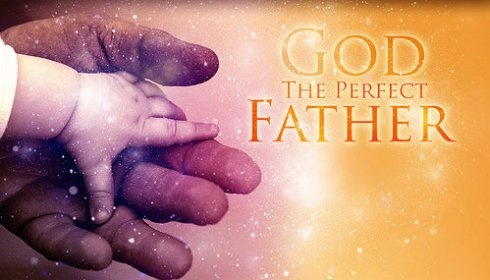- Dec 28, 2017
- 3,873
- 2,899
- Country
- United States
- Gender
- Male
- Faith
- Christian
- Marital Status
- Private
The Church does indeed work 'that way', at least according to the Catholic Church. Don't try to sidestep it now.
Ecumenical Councils have 3 stages: convocation, direction and confirmation. If the pope does not attend, and the decision has not been pre-agreed, the pope must EXPRESSLY RATIFY any acts in order for them to be considered infallible:
CATHOLIC ENCYCLOPEDIA: General Councils.
The Fifth Ecumenical Council was convoked by the emperor and was OPPOSED by the pope. The pope therefore did not attend. It took 6 months for the emperor to get the pope to issue the decretal letter by way of Confirmation. Why would Justinian have bothered hassling Vigilius for a decree if it was already a done deal? No, of course the pope's sign-off is essential to giving the acts juridical force.
So you're essentially arguing the Catholic Church can be bound in absentia by decisions of non-Catholic bishops, and be forced to accept those decisions as infallible?? I think you'll find you're dead wrong on this point.
Can you even tell me which bishops attended on behalf of which churches at the Fifth Council? Who in particular do you say condemned the doctrine you cite?
So the point is, even if you can explain why there's a massive disconnect between the convocation letter/ agenda in failing to mention Origen or universalism and the full two thirds of anathemas purporting to address the same (and the onus is on you to bridge this gap), you face the insurmountable problem that those anathemas were never confirmed as canon law or decrees of the Catholic Church.
No, it doesn't work that way. Research The Great Schism of 1,054 A.D. and then get back to me.
Also, New Advent IS ITSELF A ROMAN CATHOLIC SITE :
CHURCH FATHERS: Second Council of Constantinople (A.D. 553)
.
Last edited:
Upvote
0


